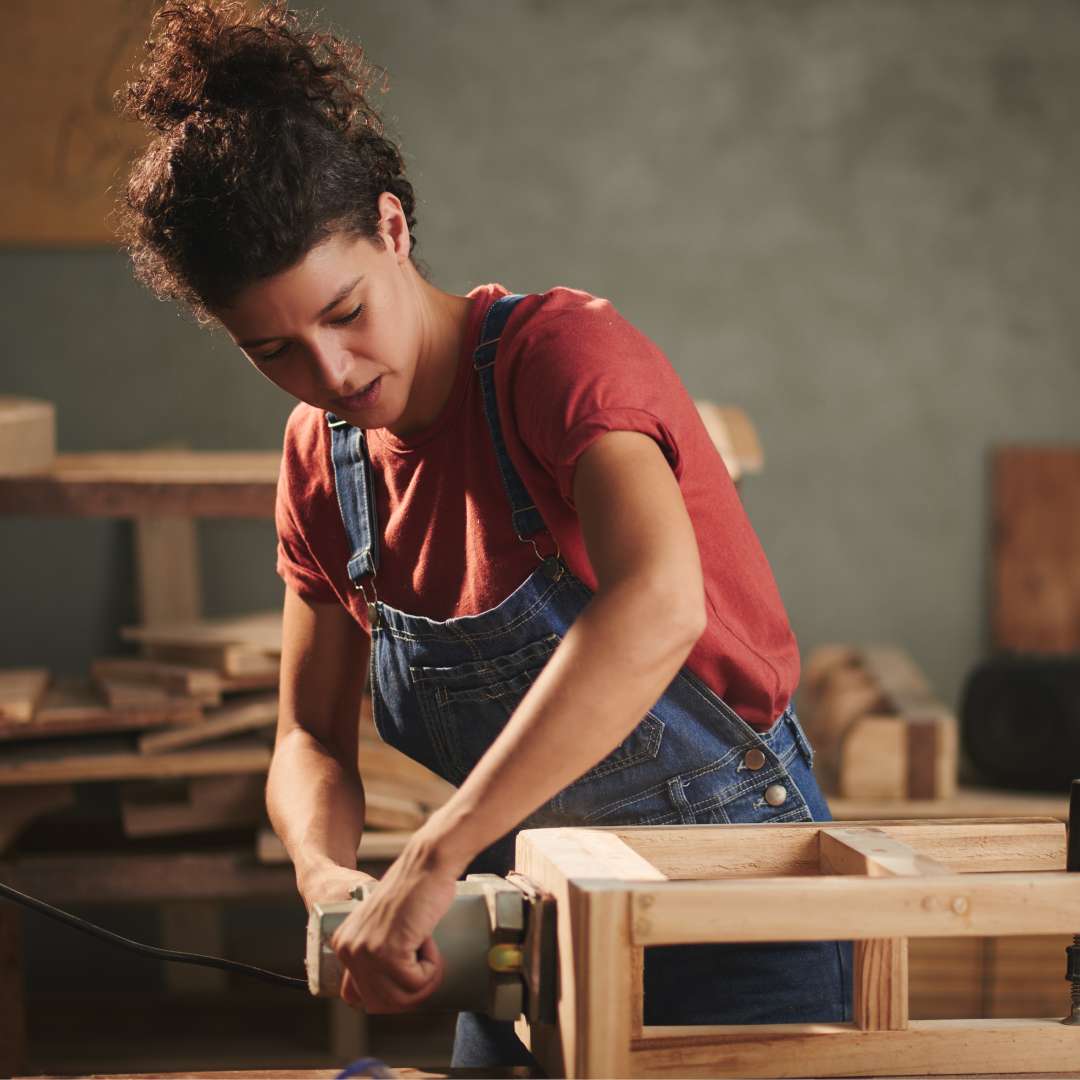Woodworking is a timeless craft that combines practical skills with creativity and can be a rewarding and fulfilling creative outlet and hobby. Woodworking offers endless possibilities, whether you want to create furniture or design intricate works of art. By following these four helpful tips to get into woodworking as a hobby, you can be sure to make the most of your journey.
Begin With the Basics
Starting with basic tools is ideal for beginners. You may gradually expand your tool collection as you develop your skills.
Essential tools for woodworking include:
- Tape measure
- Screwdriver
- Saw
- Drill
- Hammer
Investing in high-quality tools can make a significant difference in the quality of your work, and practicing basic skills, such as cutting, measuring, and sanding, will provide a solid foundation for more advanced projects.
Take a Class or Workshop
Woodworking classes and workshops offer hands-on experience, guidance from skilled instructors, and the opportunity to develop your techniques and skills in a controlled environment. Many local craft centers, woodworking stores, and community colleges offer a variety of woodworking classes based on your skill level. Not only do these classes allow you to hone your woodworking skills, but they may also introduce you to fellow hobbyists and provide some inspiration for your designs.
Explore Inlay Techniques
The possibility of incorporating decorative elements, such as inlays, is an exciting aspect of woodworking. This technique involves embedding different materials into the wood’s surface to create various patterns and designs. While it is an advanced skill, knowing the basics of inlay techniques can focus your long-term goals as you gain proficiency.
Mother of pearl, colored resin, and other materials can add visual interest and elegance to your pieces. Start with simple inlay designs and experiment with more complex patterns as you develop your woodworking skills. Incorporating inlay designs enhances your skills and adds unique touches to your creations.
Practice Regularly and Always Prioritize Safety
Safety should always be a priority when using woodworking tools. Ensure you wear the appropriate protective gear, such as helmets and hearing protection, and always follow all safety instructions for your tools.
Practice regularly to develop a keen eye for detail and develop your skill set while preventing injuries. Mistakes are an essential part of the learning process; don’t let them discourage you. You will become more proficient as you develop your skills.
Woodworking is a deeply satisfying hobby that combines creativity and craftsmanship. By following these four helpful tips to get into woodworking as a hobby, you will set yourself up for a successful and enjoyable woodworking experience.

